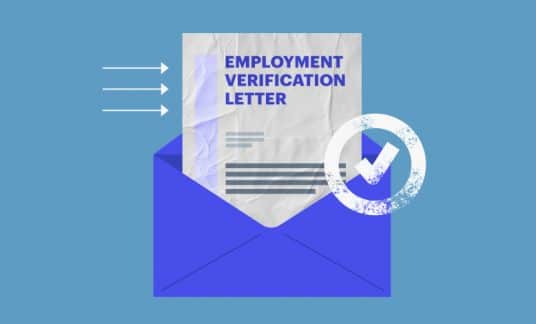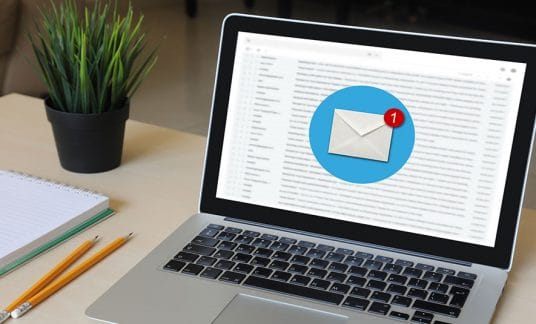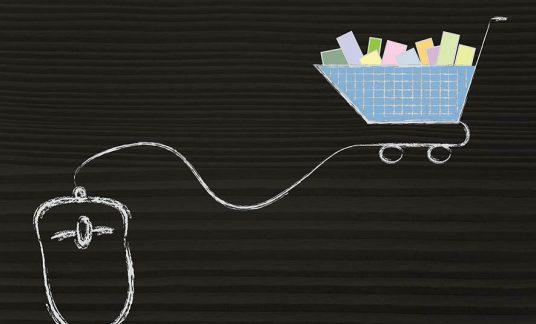One commonality among every small business is the need for cash to operate. In addition to covering the day-to-day expenses, you might need financing to expand your business, launch a new project or purchase equipment. However, if funds are tight, that’s where the Small Business Administration’s (SBA) Community Advantage loan comes into play. It’s specifically for companies in need of funds for equipment financing, real estate or working capital.
Let’s explore whether this is the best funding option for your business.
SBA Community Advantage Loan: The Basics
The SBA Community Advantage loan is a pilot loan program that started in 2018 and is scheduled to end in 2022 — unless the SBA decides to make it a permanent part of its funding options. It’s offered through participating lenders and targets businesses that are ineligible for traditional financing. The goal of this SBA loan is to provide companies in underserved markets with affordable financing. These markets include those in low- to moderate-income communities and those in historically underutilized business (HUB) zones. That includes businesses that don’t qualify for other SBA loans. Because lenders want to see these businesses receive funding, they’ll often overlook low revenues, mediocre credit scores and a lack of experience.
One of the primary differences between an SBA-backed loan and a traditional loan is that the government guarantees a portion of SBA loans. Therefore, it’s possible for SBA loans to include higher thresholds, longer repayment terms, and lower interest rates. While each of these loans involves a lengthy process, there’s less involved when applying for a traditional loan.
What Businesses are Eligible to Apply?
Certain small, for-profit businesses are eligible for an SBA Community Advantage loan. Both start-ups and existing businesses qualify for this loan, but the requirements differ for each. For example, existing businesses must provide business and personal tax returns, business and personal credit reports and the business’s financial statements. However, if the business owner is running a startup that’s been in operation for less than 2 years, then they need to present only a business plan and financial projections.
Businesses can also use the Community Advantage program to refinance debt. For those who want to refinance non-Community Advantage loans, the lender must prove there would be a 10% cash flow improvement due to the refinancing, or that the Community Advantage loan exceeds the original loan amount by either 25% or $5,000, whichever is higher.
If your company has more than 500 employees and your annual revenues are less than $15 million, it might qualify for an SBA Community Advantage Loan. Other qualifications include:
- Your business must be based in the United States
- Your business must be located in the area your chosen lender is serving
- You must show proof of repayment
- Business owners must demonstrate their need for funding
- All other financing options must be exhausted before applying for this loan
- All SBA loans require a good credit score, with a minimum of 680 being the recommendation
- Applicants’ businesses must operate in an underserved market
Other requirements for this type of loan include:
- Having a minimum Small Business Scoring Service (SBSS) score of at least 140
- At least a 10% down payment for existing businesses and startups, as well as a change of ownership
- If your loan is more than $25,000, then a first lien must fully collateralize all additional liens and financial assets
- Your company must meet all SBA small business requirements, which are dependent upon the industry
Businesses Ineligible for the SBA Community Advantage Loan
Nonprofits are not eligible for this program. Also, if your business generates passive income or if you have been in default for any previous debts, you’ll be ineligible for the SBA Community Advantage loan.
Other businesses that are ineligible for the SBA Community Advantage loan include:
- Companies operating in the adult industry
- Religious organizations
- Those conducting political activities
- Real estate firms when properties are being held for investment purposes
- Businesses set up with a pyramid plan
- Financial institutions and firms where lending occurs
- Marijuana facilities and clinics
- Businesses that involve any kind of gambling
- Government-owned corporations
If you’re unsure whether or not your company is ineligible for this loan, you can visit the SBA’s website for more information.
SBA Community Advantage Loan Terms
Those who are applying for an SBA Community Advantage loan must be operating a small business and seeking a term loan between $50,000 and $250,000. Under most circumstances, community-based lenders administer these federally guaranteed loans. That means, they’re more affordable and typically have interest rates maxing at Prime + 6%. Their maturities are also longer, with lengths between 7 and 10 years.
While the maximum you can borrow is $250,000, the minimum amount for an SBA Community Advantage loan can be set as low as the company needs. However, if your funding request is under $50,000, lenders might recommend the SBA Microloan.
Under most circumstances, the terms for an SBA Community Advantage Loan is:
- Up to 10 years for equipment or working capital
- Up to 25 years for real estate
The specific terms for those seeking this type of loan are:
- Funding availability: Up to $250,000
- Repayment schedule: Monthly payments
- Repayment Terms: Up to 10 years for equipment or working capital and up to 25 years for real estate
Although your company can qualify for multiple Community Advantage loans, at no point can that funding exceed $250,000. Each time you pay off an SBA Community Advantage loan, you can apply for another as long as you haven’t reached that limit of $250,000.
Additional terms include the costs of getting this type of loan. As of 2019, they’re as follows:
- Interest Rate Maximum: Prime interest rate plus 6%
- SBA Loan Guarantee Fees: from 0.25% to 3% depending on the terms of the loan
- Loans with up to 1-year maturities: 0.25%
- Up to $150,000 loans with terms over 1 year: 2%
- Over $150,000 loans with terms over 1 year: 3%
You might also incur third-party fees that could amount up to $2,500.
How to Apply for an SBA Community Advantage Loan
Once you determine your business qualifies for an SBA Community Advantage Loan, it’s time for the application process. That begins with finding a lender offering this program. The SBA website lists lenders, but you can also visit your current financial institution for a list of this loan program’s participants. When you find a lender, you’ll work with them either in person, online or over the phone to complete the application.
During the application process, your lender will ask for a broad range of documents, including:
- Financial statements
- Business and personal tax returns
- Business and personal credit reports
It’s recommended to have these documents dating back at least 3 years. If your company has been operating for less than 2 years, expect your lender to ask for at least 2 years of financial projections and a solid business plan. In some circumstances, this information is required for start-up and established businesses.
You’ll also need an SBA-approved Personal Financial Statement, which is SBA Form 413. This form lists all of your personal liabilities and assets, along with other pertinent information. The lender might also request proof of your equity injection, which is your business’s down payment. Some requirements include an equity injection of between 10-20% or more.
Additional forms you may need during the application process:
- SBA Form 1919: Borrower Information Form
- SBA Form 2449: Community Advantage Addendum
- SBA Form 912: Personal Financial Statement
When your small business can’t qualify for traditional financing, the SBA Community Advantage loan is an excellent option. You can use these funds for supporting real estate ventures, financing equipment and obtaining working capital. Approved SBA lenders can help you regarding qualifying, applying, and getting up to $250,000 in funding.










